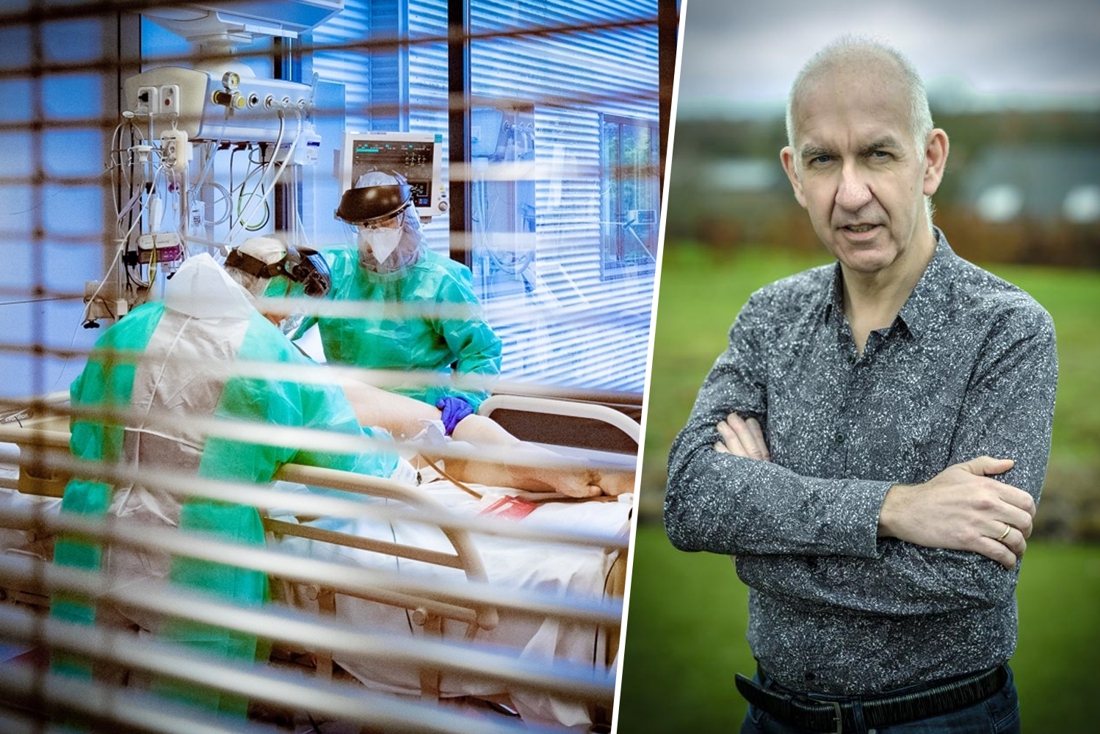The Federal Healthcare Knowledge Center is currently conducting a study on lung COVID, in which people infected with the coronavirus have symptoms that last for more than four weeks. “Currently, at least 10% of corona patients still suffer after 6 months, and that concerns people of all ages,” says Koen Van den Heede. “So it concerns an important group of people and the impact on their daily functioning is large.”
–
“The complaints are very diverse and have a very fluctuating course,” says the researcher. “After a period of apparent improvement, a relapse often follows. Patients often report fatigue, difficulty sleeping, shortness of breath, headaches and cognitive problems, often referred to as “brain fog” or “brain fog.” The cause of those symptoms is not always clear. In part, these can be attributed to established organ damage, but for a large part of the symptoms the underlying mechanism is unclear.”
Long-term COVID is diagnosed both after a mild course of the disease and after a severe course, it also appears.
“It occurs in patients who are sick at home and in people who have been hospitalized,” Van den Heede continues. “In hospitalized patients, some of the symptoms can be attributed to the hospital stay or intensive care unit, but also some to COVID.”
The number of patients suffering from lung COVID is higher among patients who are hospitalized, the researcher said. “We also find that the percentages decrease over time, meaning that a large proportion of these patients also recover over weeks and months.”
“Long COVID therefore affects an important group of people, and has a major impact on their daily functioning, even when it comes to people who were sporty before their infection and who were in excellent health,” concludes Van den Heede. “Sufficient attention must therefore continue to be paid to preventive measures to prevent contamination. Even now that the older and more vulnerable part of the population has been vaccinated, it remains important for younger people to get vaccinated.”
– .


